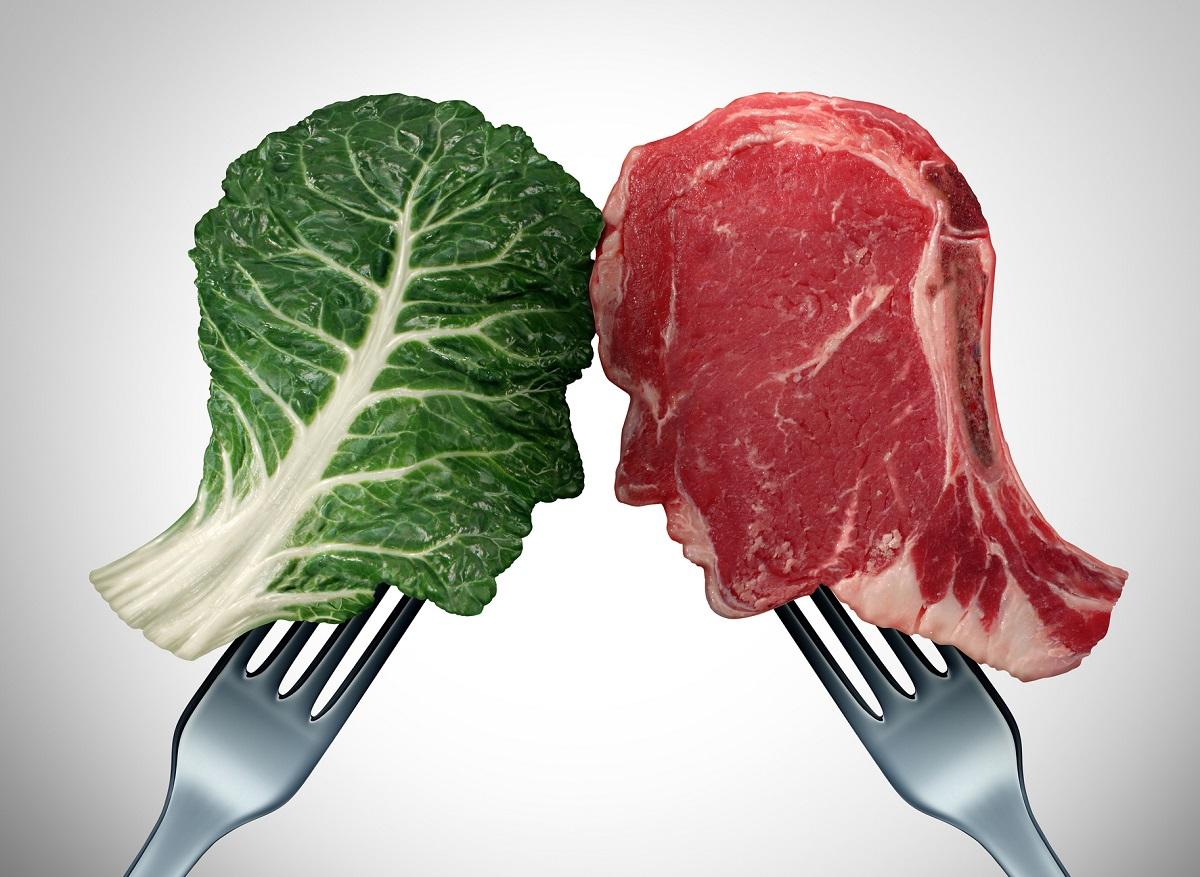A new study published in the journal of the American Society of Nephrology indicates that the consumption of red meat would increase the risk of kidney failure in the general population.
To examine the relationship between protein intake and kidney health, researchers at the Singapore School of Medicine followed more than 63,000 adults selected from the Chinese population of Singapore. 97% of the meat consumption of this population consists of pork. Other sources of protein are poultry, fish and shellfish, eggs, dairy products, soybeanand legumes.
Note that the researchers, like all international health authorities include under the term “red meat” all meats except poultry: “Red meat refers to all types of meat derived from the muscle tissue of mammals such as beef, veal, pork, lamb, mutton, horse and goat”, explains the International Agency for Research on Cancer (IARC).
No increased risk with poultry
After an average follow-up of 15.5 years, the researchers found that regular consumption of red meat was associated with an increased risk of developing kidney failure: the group that ate the most meat (25% of participants) had a 40% increased risk of developing a kidney problem compared to the group that consumed the least (25% of participants as well).
On the other hand, the risk was not increased for other protein intakes, whether animal or vegetable. Researchers also found that substituting at least one serving of red meat for another form of protein reduced the risk of end-stage kidney disease by 62%.
This is not the first study to encourage reducing the consumption of red meat. Previous studies have shown that excess meat was bad for the heart and that it also increased the risk of developing colorectal cancer.
Read also :
5 tips to preserve your kidneys
Infographic: get to know your kidneys












-1730888646.jpg)





